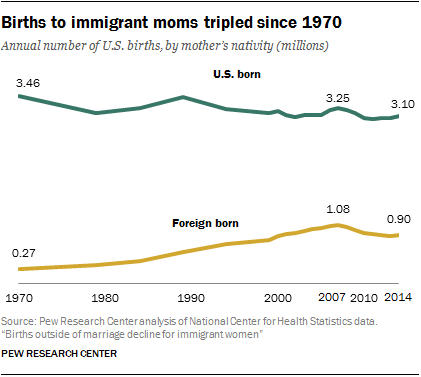U.S. Fertility Rate Declines by 20% Since 2007, Driven by Economic Realities and Shifting Priorities

The United States is grappling with a significant decline in its fertility rate, which has fallen by approximately 20% since 2007, dropping below the replacement level of 2.1 births per woman. Brad Hargreaves, a prominent entrepreneur and co-founder of General Assembly and Common, recently highlighted this complex issue on social media, asserting that the crisis stems not from a dislike of children, but because "the math doesn’t work" for families in urban environments.
Experts attribute this sustained decline to a confluence of economic pressures and evolving societal norms. The Great Recession initially contributed to a sharp downturn in birth rates, but unlike previous economic slumps, the rates have not rebounded. Factors such as the rising costs of housing, childcare, and education have made raising children an increasingly significant financial burden for many American families.
Beyond economic considerations, broader societal shifts play a crucial role. Increased educational attainment and labor force participation among women have led to delayed childbearing, with more recent cohorts of women having fewer children across their reproductive years rather than simply postponing them. This reflects a shift towards prioritizing the "quality" of children, implying greater investment in fewer offspring.
The long-term implications of this demographic trend are substantial, potentially affecting workforce size, economic growth, and the fiscal sustainability of social programs like Social Security. While some pro-natalist policies have been attempted in various countries, their impact on reversing these trends has generally been limited. Hargreaves emphasized the need for cities to "embrace the joyful chaos of family life," suggesting that urban planning and policies must adapt to support family life for dynamic communities to thrive.